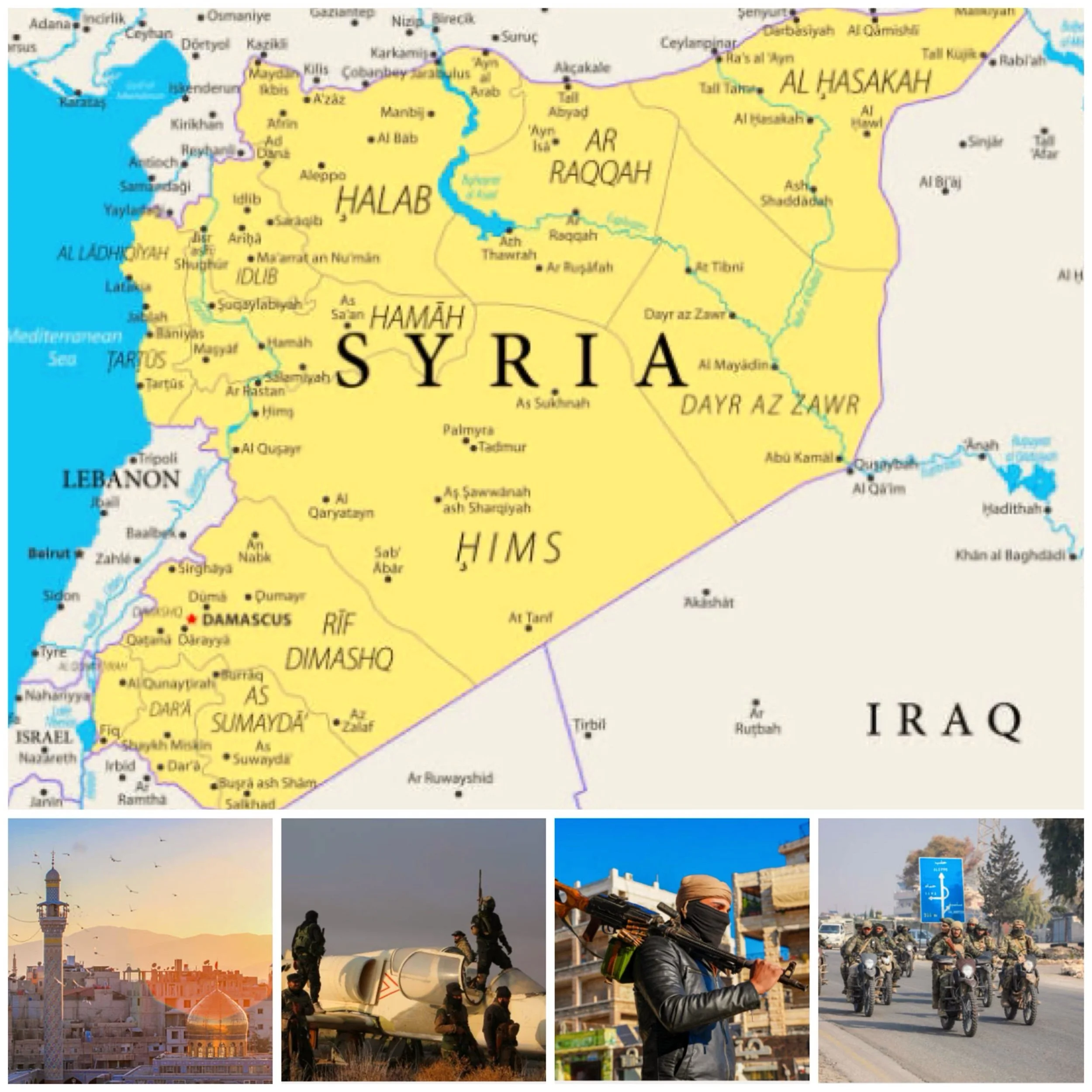Hungary’s Descent Into Dictatorship? Was it predicted
Introduction
Hungary’s descent into dictatorship under Viktor Orbán’s leadership was not widely predicted, but several factors contributed to this transformation, which has been unfolding over the past decade.
Historical Context
Hungary’s lack of a strong democratic tradition made it susceptible to authoritarian tendencies. After the fall of communism in 1989, the country embraced liberal democracy and market reforms. However, the transition was not without challenges:
Economic struggles
The shift to a market economy led to widespread unemployment and economic hardship for many Hungarians.
Disillusionment
By the late 2000s, there was growing dissatisfaction with the outcomes of liberal policies and market reforms.
Orbán’s Rise to Power
Viktor Orbán and his Fidesz party capitalized on this discontent:
In 2010, Fidesz won a supermajority in parliament, allowing them to make sweeping changes.
Orban quickly began dismantling democratic institutions and centralizing power.
Key Factors in Hungary’s Democratic Backsliding
Constitutional and legal changes: Orbán’s government rewrote the constitution and altered electoral laws to favor Fidesz.
Media control: The regime gradually took control of most independent media outlets.
Judiciary manipulation
The government weakened the independence of the courts and appointed loyalists to key positions.
Economic leverage: Orbán’s regime used state power to enrich allies and pressure businesses.
Populist rhetoric
Fidesz employed nationalist and anti-immigrant messaging to rally support.
Warning Signs
While the full extent of Hungary’s democratic erosion wasn’t widely anticipated, there were some warning signs:
Orbán’s first term as Prime Minister (1998-2002) showed tendencies towards media manipulation and cronyism.
His rhetoric became increasingly populist and nationalist in the years leading up to 2010.
International Response
The European Union and other international bodies have been slow to respond effectively to Hungary’s democratic backsliding:
Hungary remains an EU member despite concerns about its democratic status.
The European Parliament has declared that Hungary can no longer be considered a full democracy.
Lessons for Other Democracies
Hungary’s experience offers important lessons:
Democratic institutions can be eroded gradually through legal means.
Economic discontent can fuel the rise of authoritarian leaders.
Populist rhetoric can be used to justify anti-democratic actions.
Conclusion
Hungary’s full descent into what some call a “competitive authoritarian regime” wasn’t widely predicted, the seeds of this transformation were present in the country’s post-communist transition and Orbán’s early political career. The case of Hungary serves as a cautionary tale for other democracies facing similar challenges.






